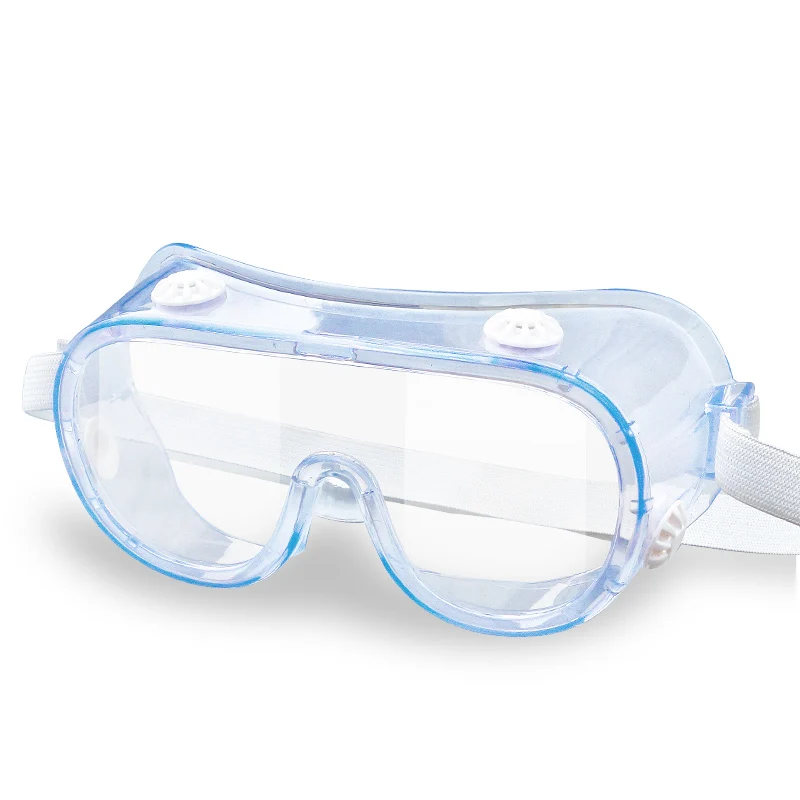Injection molding is a critical manufacturing process in the medical industry, enabling the production of a wide array of medical products with high precision, efficiency, and compliance with stringent regulatory standards.
Injection Molding in the Medical Industry
Injection molding involves melting plastic materials and injecting them into molds to create specific shapes and components. This method is particularly advantageous in the medical field due to its ability to produce complex geometries with tight tolerances, essential for medical devices where precision is paramount. The process also allows for high-volume production, making it cost-effective for manufacturers.
Commonly Used Injection Molded Medical Products
Syringes: Syringes are among the most ubiquitous injection molded medical products. They are manufactured to precise specifications to ensure accurate dosage delivery and sterility. The materials used must be biocompatible and capable of withstanding sterilization processes.
Catheters and IV Equipment: Catheters and intravenous (IV) equipment are designed for safe and efficient fluid delivery. Injection molding allows for the production of flexible, durable components that can be easily sterilized and are resistant to chemical interactions with bodily fluids.
Surgical Instruments: Many surgical instruments, such as forceps and scalpel handles, are produced through injection molding. This method enables the creation of ergonomic designs that enhance usability and comfort for healthcare professionals.
Prosthetics and Implants: Injection molding is used to manufacture customized prosthetics and implants, such as knee and hip replacements. These products are tailored to individual patient needs, ensuring comfort and functionality.
Medical Device Housings: The housings for various medical devices, including diagnostic equipment and lab instruments, are often made from injection molded plastics. These housings provide protection and support for sensitive electronic components while meeting aesthetic and ergonomic requirements.
Laboratory Equipment: Items such as beakers, test tubes, and other laboratory containers are frequently produced using injection molding. The ability to create precise, durable, and chemically resistant products is essential in laboratory settings.
Dental Instruments: Dental tools, including handles for drills and other instruments, benefit from injection molding due to the need for precision and the ability to create non-toxic, easy-to-clean surfaces.
Material Selection for Medical Injection Molding
The choice of injection materials molded medical products is critical, as they must meet specific regulatory standards and performance criteria. Common materials include:
Polyethylene (PE): Known for its chemical resistance and flexibility, suitable for single-use items.
Polypropylene (PP): Offers durability and is often used in syringes and containers due to its excellent sterilization properties.
Polycarbonate (PC): Provides high impact resistance and is used in applications requiring transparency and strength.
Silicone: Frequently used for its biocompatibility and flexibility, ideal for wearable medical devices.
Polyetheretherketone (PEEK): A high-performance thermoplastic known for its strength and thermal resistance, often used in implants and high-stress applications.
Conclusion
Injection molding plays a vital role in the production of medical products, ensuring they meet the high standards required for safety and efficacy. With ongoing advancements in materials and manufacturing techniques, the scope of injection molded medical products continues to expand, offering innovative solutions to meet the evolving needs of the healthcare industry. The ability to produce high volumes of precise, durable, and sterile components makes injection molding an indispensable process in modern medical manufacturing.
We understand the critical importance of accuracy and reliability when it comes to medical devices and equipment. Each medical injection mold of RUNKE is a result of rigorous research, meticulous design, and stringent quality control, ensuring that the final product meets the exact specifications and demands of the medical field. Feel free to contact us for more about injection mold or injection molded medical products.

.jpg)

.jpg)